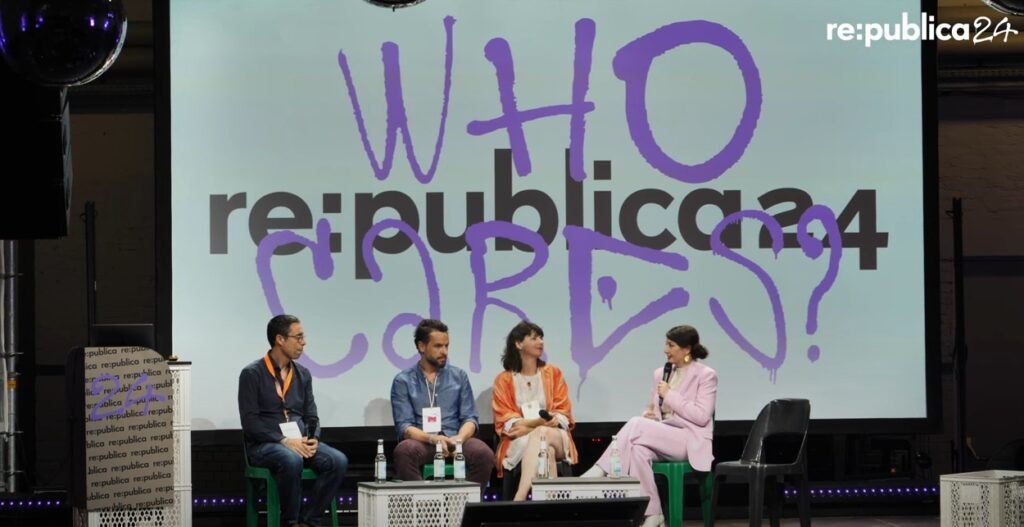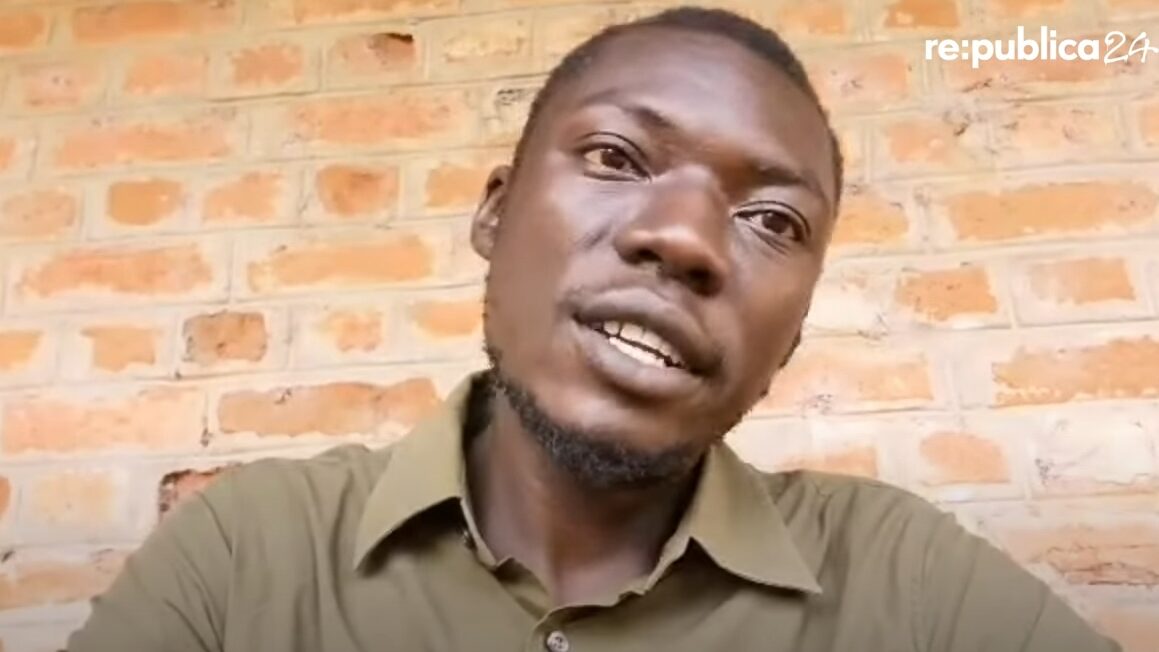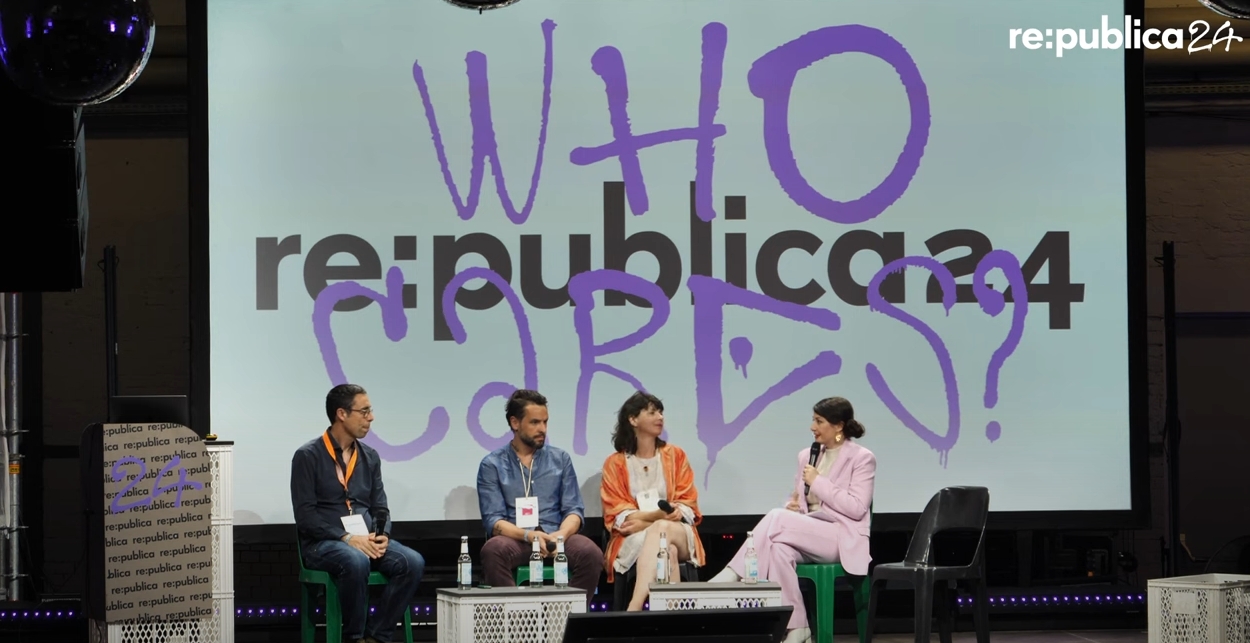The global Right to Repair movement advocates for the creation of legislation that makes repair options possible as well as accessible to everyone, and empowers consumers legally and practically to repair their products. It favors the promotion of a sustainable circular economy for all.
Predominantly, manufacturers are creating complex products and making the repair information about their products inaccessible. This heavily discourages or even prevents consumer DIY repair. Profitability tends to be continuously prioritized over sustainability, manifesting in ways such as software obsolescence (where one has a device with software inside, however, at some point that software will no longer update, causing the device to stop working completely or stop working well). Examples such as software obsolescence show how consumers end up being forced to buy new products instead of repairing their old ones. This favoring of profit also results in a copious amount of waste being generated.
During day 2 of the re:publica 2024 conference, Mathew Lubari, Ugo Vallauri, Felipe Schmidt Fonseca, Sarah Prien, and Geraldine de Bastion held a session in the form of a panel discussion on “Understanding the Right-to-Repair Movement in the Global North and Global South”. Together, they discussed new ideas on how to connect the Right to Repair movement with policy developments around the world to ensure consumer empowerment and sustainable technology design. Irene Agrivina, a panelist of this session, was unfortunately unable to attend due to her flight being delayed and rerouted.

Matthew, who also unfortunately could not attend the session in-person due to visa issues, expressed in a pre-recorded video that it is crucial for the EU to address the environmental implications of global trade and consumption on the Global South. He explained that it is predominantly those living in the Global South that are made expendable when it comes to the topic of electronic waste and plastic disposals. Therefore, it is essential for the EU to support initiatives that promote circular economies that reduce waste and pollution, as well as prioritize the wellbeing of communities.

Matthew explained that the policy contexts around the Right to Repair movement are not well known in the Global South, but strong cultures of repair exist, mostly out of reasons of economic limitation. The in-person panelists echoed Matthew, discussing that Right to Repair is not only a matter of repairing and replacing, but that there is a global perspective that should be taken into account when thinking about policy. Having the “right to repair” does not automatically equate to having the ability, elements, or conditions to repair. This is an issue that must be addressed in policy. In a more hopeful light, Matthew believes that policies promoting the Right to Repair movement can facilitate the access to repair education and resources, empowering individuals to extend the lifespan of their devices.
Regarding the lifespan of products, the panelists discussed the necessity of increased ecodesign. Ecodesign involves changes to the way manufacturers produce their products so that they are more sustainable. This could look like making products more break-resistant, having replaceable batteries, etc. Europe is currently leading ecodesign legislation and reformation. While it is being met with some push-back from manufacturers who are wary of changing their current designs, the panelists asserted that ecodesign is necessary for longterm waste reduction and sustainability. As the lifetime of products are made more durable and extendable, the pressure of endless production is relieved, resulting in both less consumption and wasted products. The panelists noted there is still much work for Europe to do regarding ecodesign. The reality of Right to Repair in the EU is that it only includes very few product categories. More product categories need to have ecodesign regulations.
The panelists stressed the necessity of shifting the current narrative surrounding product lifespan, changing the current normality of quickly discarding and repurchasing products. They challenged the audience to rethink what the ‘ideal’ lifespan of products should be, explaining that how we view product lifespan also relates to how our economies function. They exclaim that the repair mentality extends beyond just the wish to be able to repair things. They pose the question to everyone: what would the world be like if everything was covered by a true right to repair? What does Right to Repair truly entail?
The first half of the video includes the interview with the Minister of Environment and Consumer Protection.
Individual Panelist Details:
Mathew Lubari is a dedicated advocate for positive change and empowerment through digital literacy, repair activism, and sustainability. As the Co-Founder and Executive Director of Community Creativity for Development (CC4D), a refugee youth-led organization in Rhino Camp, Uganda, he actively works to empower marginalized youth.
Ugo Vallauri is Co-founder and Co-Director of The Restart Project, a London-based charity fixing our relationship with electronics. He has over a decade experience in encouraging people to repair their electronics and collecting and sharing data from community repair initiatives globally on recurrent barriers to repair.Through his work at Restart, he pushes for legislation for a universal Right to repair and is a co-founder of the European Right to Repair Campaign, involved in its day-to-day steering.
Felipe Schmidt Fonseca is a Berlin-based Brazilian advocate for social-environmental innovation and free/open-source technologies turned researcher. He is the co-founder and articulator of the Tropixel network, as well as a member of GIG and Circular Berlin.
Sarah Prien is an activist, running a startup implementing a local ecosystem in Hamburg, aligning open source and commoning values. She runs an open lab for circular textiles as part of a research project to figure out how to become a fab city in textiles. Her startup House of All (H’ALL) is a member of Fab City Hamburg Association.
Irene Agrivina is an open systems advocate, technologist, artist and educator. She is one of the founding members and current directors of HONF, the Yogyakarta-based arts, science and technology laboratory. In 2013, Agrivina co-founded XXLab, an all-female collective focusing on arts, science and free technology as a second generation of HONF’s spin-off communities.


